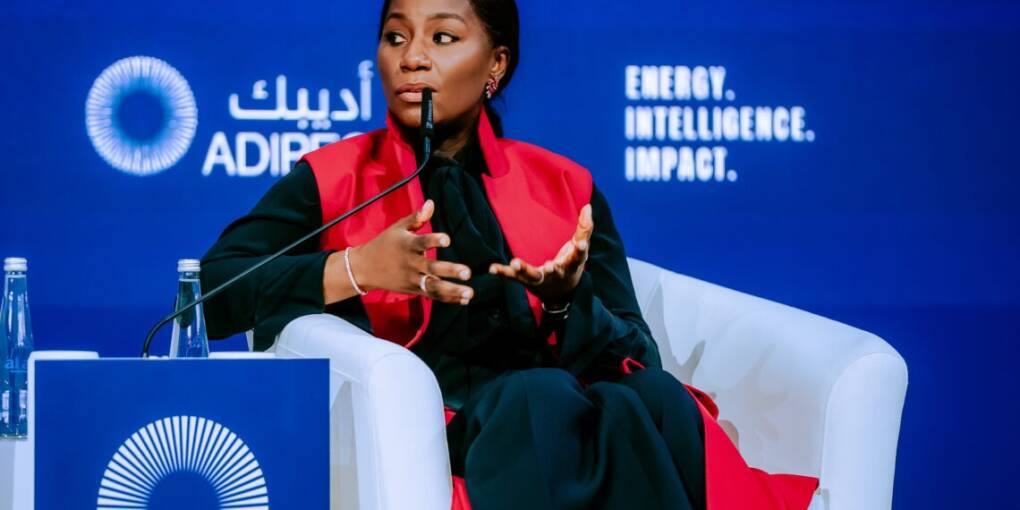The Federal Government of Nigeria is considering the sale of its state-owned refineries as part of the FG refinery sales plan to attract investors.
The disclosure was made by the Special Adviser to President Bola Tinubu on Energy, Olu Verheijen. It was during an interview with Bloomberg TV on the sidelines of the Abu Dhabi International Petroleum Exhibition and Conference (ADIPEC) on Tuesday. The FG refinery sales plan was further discussed during these interviews.
Verheijen said the government is exploring several reform options to reposition the energy sector. This includes the possible divestment of the Nigerian National Petroleum Company Limited’s (NNPCL) refineries if suitable partners are identified. The FG refinery sales plan is a key component in these reforms.
“It’s one of the options that you have to consider if you find the right technical partner with the right capital,” she said. She added that subsidies had sustained the plants for decades but were no longer viable under current market reforms.
ALSO READ
Nigeria’s four state-owned refineries — in Port Harcourt, Warri, and Kaduna — have a combined installed capacity of 445,000 barrels per day. However, they have been largely inactive despite repeated maintenance projects costing billions of dollars.
Verheijen said President Tinubu’s energy reform agenda seeks to restore efficiency, transparency, and commercial discipline to the petroleum sector. The agenda aims to ensure that state assets operate on market-driven principles.
The NNPCL recently confirmed that it is seeking technical equity partners. These partners will manage and operate the Port Harcourt, Warri, and Kaduna refineries under new operational frameworks, which are part of the FG refinery sales plan. “We are looking ahead with optimism to ensure our refineries operate effectively,” said NNPC CEO Bayo Ojulari.
Verheijen added that a future initial public offering (IPO) for NNPCL remains a long-term goal. The government is prioritising transparency, accountability, and profitability, all of which play into the broader FG refinery sales plan.
Potential buyers will compete with the Dangote Refinery, which produces 650,000 barrels per day and already exceeds Nigeria’s domestic demand for gasoline and diesel.
